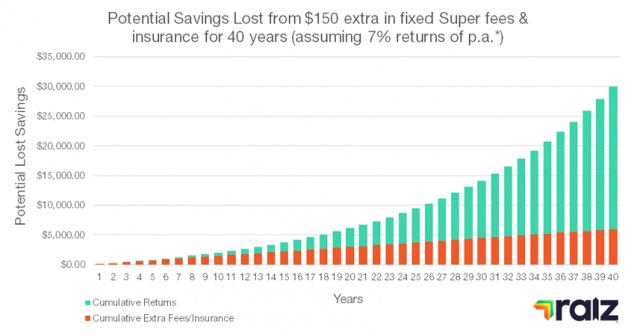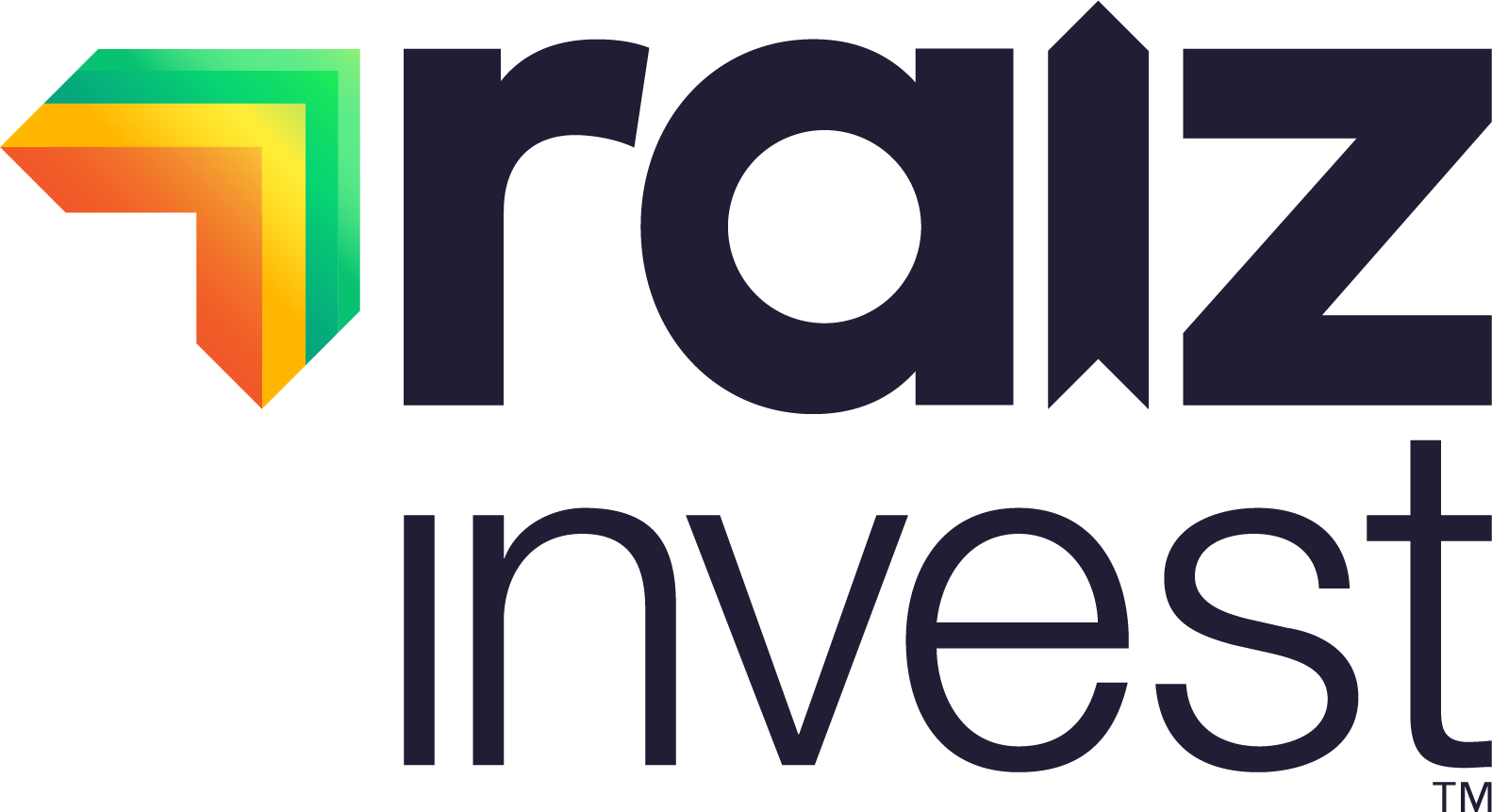Is every working Australian an investor?

Most Australians find discussions about their Superannuation boring. Do you know how much is in your Super? Don’t panic, 40% of Australians have no idea how much money they have invested in super.
Interestingly, people who have Super, but aren’t investing in any other assets, tend not to think of themselves as investors.
But if you have Super, then you’re investing. Most superannuation funds do not keep your money only in cash.
Super is like a managed fund, or Raiz, where your money is pooled with other member’s money and invested on your behalf by professional investment managers. The main difference of course being that you can’t access this money until you retire.
But if super has all the characteristics of an investment, then why don’t we engage with it as much as we do with other common investments, such as stocks, property etc?
If you aren’t expecting to retire soon, it can be hard to comprehend the benefits of optimising your super, and perhaps even too dull to think about. Thinking about the ‘future you’ actually activates the same areas of the brain as when we think about other people. While you may know the benefits of helping “future you” now, you are unlikely to feel it.
The mandatory nature of super can also stop us from thinking about super contributions as a conscious investment. Guarantee contribution’s that are payed directly by your employer mean you rarely must make an active decision. This contrasts with what we consider ‘normal’ investments, which are likely to involve more consideration and decision making.
The fact is that super is likely to be one your biggest investments, so knowing where your money is and how much you are paying in fees is crucial in building a solid fund for your retirement.
Due to the power of compounding, if you were paying an extra $150 in fixed costs and insurance due to having more than one superannuation account, for 25 years, at a return rate of 7%, that could be $9,487* you will lose in your retirement due to the extra set of fees.

Raiz Super allows you to easily consolidate your super, with the process only taking as long as 5 minutes. When you sign up for Raiz Super, we will automatically search for any funds and unclaimed or lost super to your name, giving you the option to pick which ones you want to roll into Raiz Super. For more information on Raiz fees, click here.
Paying attention to and treating your super as an important investment can save you a significant amount of money for the future.
* Return estimated for the sake of simplicity as past performance is no indication of future performance – see ASICS managed funds fee calculator to get an estimate on how fees and costs can affect your investment. Return estimate is net of MER. The value is a future value, not a present value.
Important Information
The information on this website is general advice only. This means it does not take into account any person’s particular investment objectives, financial situation or investment needs. If you are an investor, you should consult your licensed adviser before acting on any information contained in this article to fully understand the benefits and risk associated with the product.
A Product Disclosure Statement for Raiz Invest and/or Raiz Invest Super are available on the Raiz Invest website and App. A person must read and consider the Product Disclosure Statement in deciding whether, or not, to acquire and continue to hold interests in the product. The risks of investing in this product are fully set out in the Product Disclosure Statement and include the risks that would ordinarily apply to investing.
The information may be based on assumptions or market conditions which change without notice. This could impact the accuracy of the information.
Under no circumstances is the information to be used by, or presented to, a person for the purposes of deciding about investing in Raiz Invest or Raiz Invest Super.
Past return performance of the Raiz products should not be relied on for making a decision to invest in a Raiz product and is not a good predictor of future performance.



